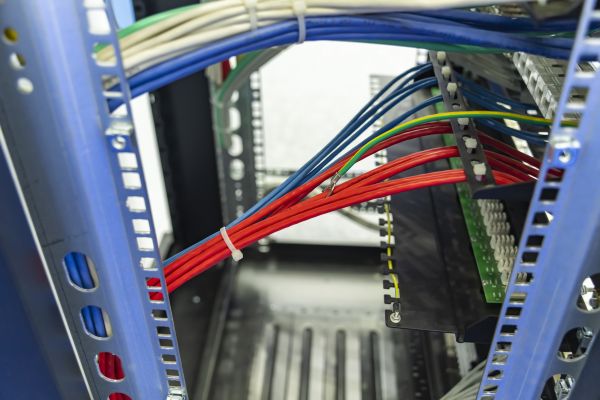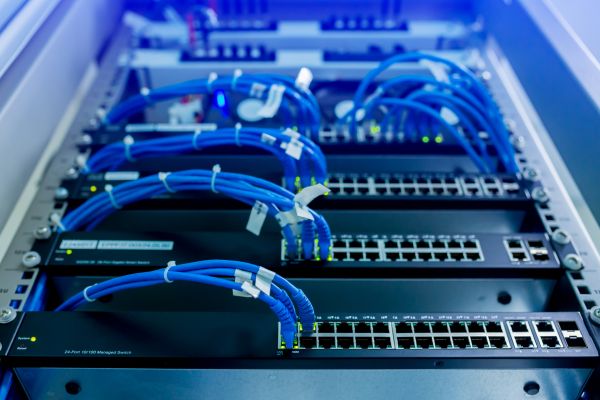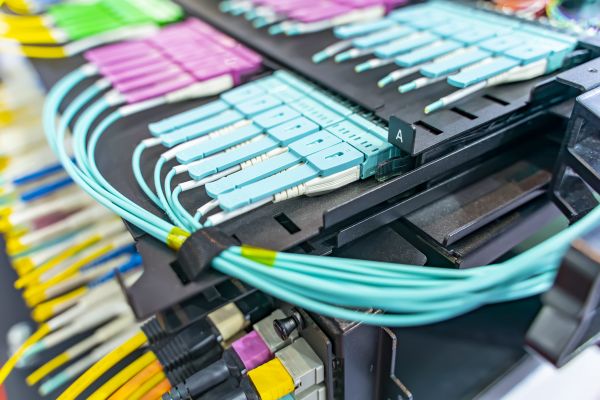Network Cabling Service
Affordable Network Cabling Service
Network cabling service is a crucial aspect of modern infrastructure that ensures seamless connectivity and efficient communication within a business environment. It involves the installation and maintenance of cables that connect various devices and systems, enabling data transfer and network communication. With the increasing reliance on digital systems, a robust network cabling setup is vital for maintaining productivity and supporting technological advancements. Proper network cabling not only enhances the speed and reliability of data transmission but also provides the flexibility needed to accommodate future growth and technological changes.
Benefits of Network Cabling Service
-
Improved Network Performance
A professionally installed network cabling system optimizes data transmission speeds and reduces latency, resulting in a more efficient and reliable network. This ensures that employees can access necessary resources quickly and without interruption, which is essential for maintaining productivity and meeting business demands. -
Scalability and Flexibility
Network cabling services provide a scalable infrastructure that can easily adapt to the growing needs of a business. As companies expand and incorporate new technologies, a well-designed cabling system allows for easy upgrades and additions without significant disruptions or costly rewiring. -
Enhanced Security
A structured cabling system minimizes the risk of data breaches and unauthorized access by providing a secure and organized network layout. This helps protect sensitive information and maintain compliance with industry regulations, safeguarding the business's reputation and customer trust. -
Cost-Effectiveness
Investing in a professional network cabling service reduces long-term costs associated with network maintenance and downtime. A reliable cabling system minimizes the need for frequent repairs and troubleshooting, allowing businesses to allocate resources more efficiently and focus on core operations.
FAQs About Network Cabling Service
What types of cables are used in network cabling services?
Network cabling services typically use various types of cables, including Ethernet cables (Cat5e, Cat6, Cat6a, Cat7), fiber optic cables, and coaxial cables, depending on the specific requirements and infrastructure of the business.
How often should network cabling be upgraded?
The frequency of network cabling upgrades depends on the business's growth, technological advancements, and the current system's performance. Generally, it's advisable to assess the cabling infrastructure every 3-5 years to ensure it meets evolving needs.
Can network cabling services be customized for specific business needs?
Yes, network cabling services can be tailored to fit the unique requirements of any business, taking into account factors such as office layout, device connectivity, and future expansion plans.
What is the difference between structured cabling and traditional cabling?
Structured cabling is a comprehensive system designed to support multiple hardware uses and is more organized and efficient compared to traditional point-to-point cabling, which often results in a tangled and less manageable setup.
Ready to enhance your business connectivity and efficiency? Fill out the contact form to request professional Network Cabling Service today and experience the benefits of improved performance, scalability, enhanced security, and cost-effectiveness.




